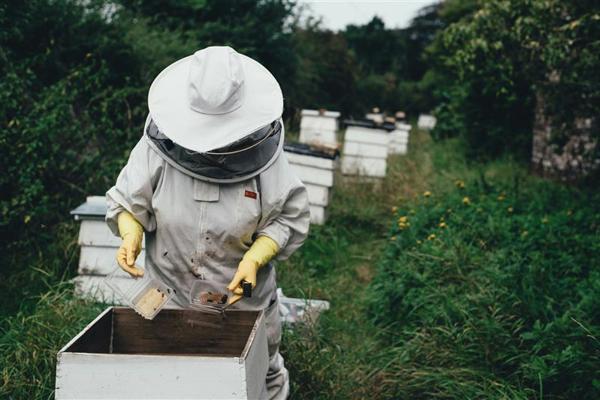The 2016 Act arguably provides more security of tenure for tenants and less flexibility for landlords, leading some farmers to consider diversification into Airbnb and holiday lets.
Those concerned may be interested to know that a draft Planning Bill is currently going through the Scottish Parliament. One of the proposed changes in legislation is to require Planning Applications to be lodged and approved before holiday/second homes can be used as short-term holiday lets. This includes properties where the entire property is to be let, and not just a room.
If these changes are enacted, local planning authorities would, in deciding whether to grant such permission, have regard to the Local Planning Policy. It is not currently known whether these changes will apply retrospectively in relation to existing short-term holiday lets.
The driver behind these new proposals has been concern that there has been a rapid rise in short-term lets in Scottish cities. According to some commentators, that concern, coupled with a significant number of people having second homes in rural areas, has resulted in a lack of homes in rural communities being available for occupation by the local population. In addition there has been a concern in some spheres about the rise in the number of homes being made available for Airbnb, both in rural Scotland and also in the cities.
In Edinburgh, for example, there are growing concerns about the increase in anti-social behaviour and loss of community allegedly caused by the influx of short-term letting in the capital, especially during the Festival. Measures are being piloted by Edinburgh City Council (ECC) to try to reduce the number of Airbnbs. For example, in September 2018, evidence of the ECC using these powers came in the form of a decision notice issued under the planning legislation in respect of a flat at Newhalls Road, South Queensferry. In that notice, ECC refused to grant a certificate of lawfulness to allow the property to be used as an Airbnb.
The Green Party in the Scottish Parliament are particularly keen to create a new Use Class Order under the Planning Acts to enable Scottish Councils to control rapid and unregulated growth in short-term holiday lets.
As well as possible changes to planning legislation, farmers and other householders who are themselves tenants need to consider whether they are in fact allowed to rent out (sub-let) their surplus cottages for Airbnb and holiday lets. Tenants need to check their own lease provisions, mortgage conditions and insurance arrangements: sub-letting property in this way may result in tenants, as landlords of the sub-let, breaching their own lease, mortgage and/or insurance arrangements.
Under the Housing (Scotland) Act 1988 there is an implied term that a tenant in an assured (or short assured) tenancy can only sub-let or assign his or her lease with the landlord's consent unless the lease specifically provides for this. In the 2016 Act which introduced Scottish Private Residential Tenancies (SPRTs) in December 2017, it provides that an SPRT must contain a term where the tenant may not, without the written agreement of the landlord, sub-let the property, take in a lodger or assign the tenant's interest in the lease. So, a tenant keen to sub-let his property needs to check the terms of their own lease for any express clauses. If there are none, the implied term applies and the landlord's consent must be obtained. Landlords can refuse consent on any grounds and there's no requirement that the refusal be reasonable.
How can Morton Fraser help?
It is important that farmers and other landowners are fully aware of the law governing arrangements for holiday lets and Airbnbs. For more information, please contact the Agricultural and Rural Property Team here at Morton Fraser.


